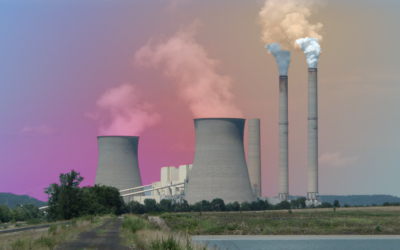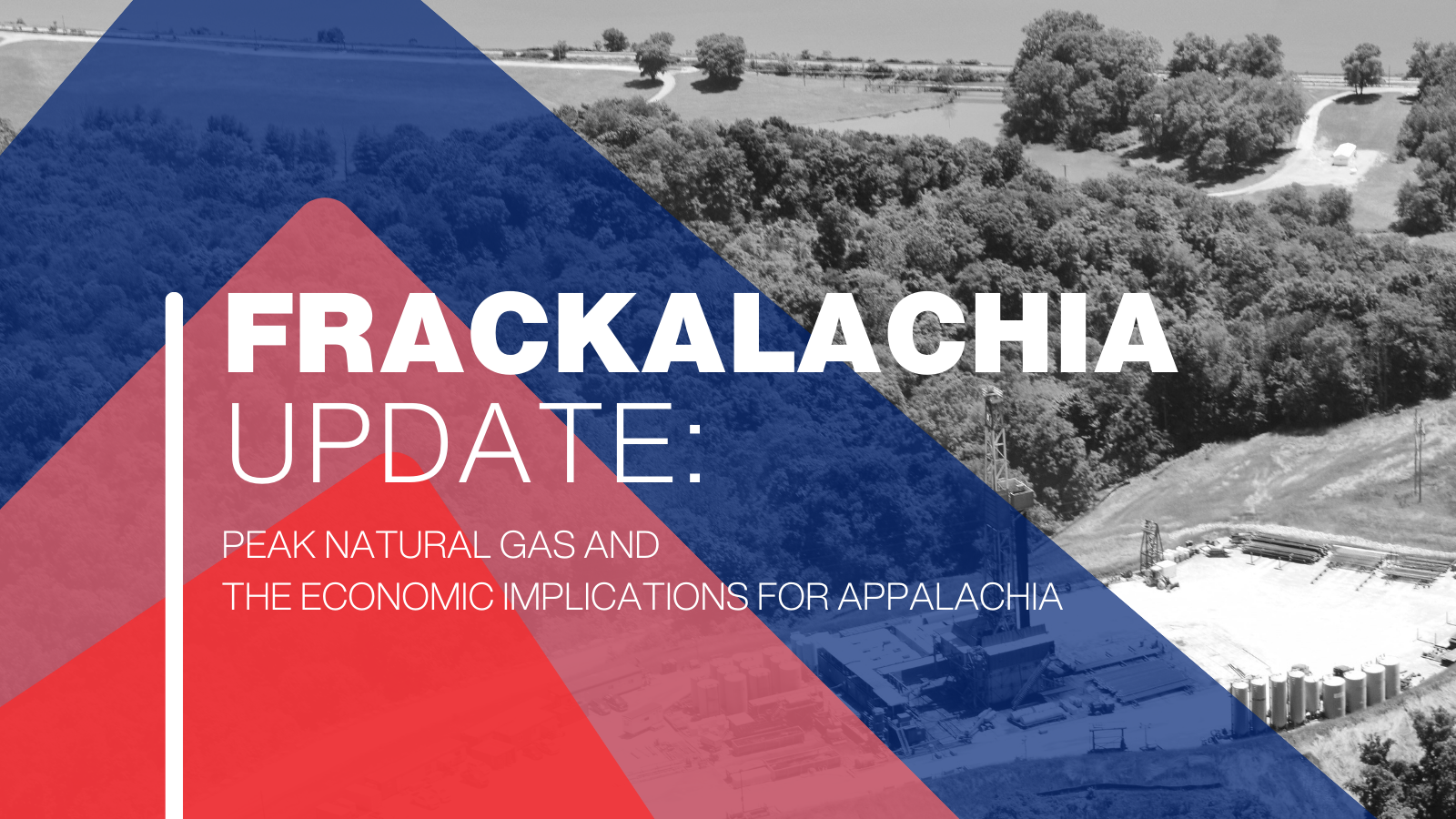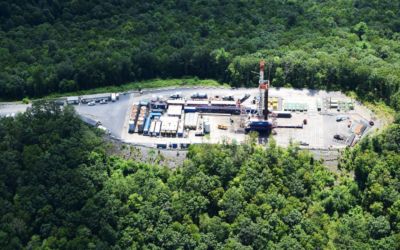Lately we hear a great deal about hydrogen’s environmental and economic promise. But hydrogen deployment also carries risks, not just for health and safety, but economic risks, including higher prices, taxes, and utility bills along with little potential for job...
Sean O'Leary
All research:
Appalachia’s power plants by net generation and capacity factor
In all, the states of Kentucky, Ohio, Pennsylvania, and West Virginia have 85 non-peaker coal and gas-fired power plants with capacities of 100 MW or greater. The following chart lists the plants alphabetically and indicates each plant’s owner, location, start date,...
You know that thing about how expensive renewable energy is?
Almost three years ago I wrote a blog post titled, “Renewable Energy: The New Texas Tea.” In it, I compared changes in electric rates in Texas, where what would become a rapid transition to renewable energy was gathering steam, with changes in rates in Ohio,...
The Tri-State CCS Hub and The Return of The Bad Deal
Do you know a bad deal when you see it? Possibly not, if the deal has to do with something as arcane as leasing underground pore space to an oil and gas company that wants to dispose of carbon dioxide. But that’s the kind of deal property owners and elected officials...
The Rhodium Group’s Economic Impact Report on Carbon Capture and Storage
Attorneys who specialize in contracts know that a single phrase or just a word can completely alter the meaning and effect of a contract. The same is true . . . maybe even more true . . . of economic impact reports, which by their nature are speculative and...
For Decarbonization, Carrots May Be Popular, But They’re Far More Expensive Than Sticks
The Inflation Reduction Act relies far more heavily on carrots than it does on sticks to induce industries to mitigate their carbon emissions. Tax credits for technologies such as carbon capture and sequestration actually exceed the costs companies would incur to...
Frackalachia Update: Peak Natural Gas and the Economic Implications for Appalachia
Appalachia’s largest gas-producing counties have continued their economic spiral, data show, as regional gas output begins to plateau.
Oil & Gas: Central to Pennsylvania politics but not its economy
I’ve gotten better at resisting the urge to respond to every inaccurate claim, every attempt to mislead, and every rhetorical flourish that issues forth from the region’s oil and gas industry executives who, when they’re not claiming that natural gas is “clean...
Hint: To do it really stupidly, you need HYDROGEN!
via GIPHY OK, in fairness to everyone who has ever built a hamster wheel to generate electricity, it probably wasn’t about the electricity. It may have been about the merit badge, or your science grade, or just to satisfy your curiosity. But it almost certainly...









